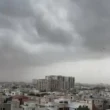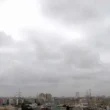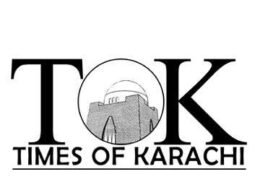In a significant move aimed at bolstering law enforcement in Sindh, Chief Minister Murad Ali Shah has directed the provincial Inspector General (IG) Riffat Mukhtar to fill 25,000 vacant positions within the police department. The directives were issued during a meeting focused on law and order, attended by high-ranking officials including Director General (DG) Rangers Sindh Major General Azhar Waqas and the commissioner.
Chief Minister Shah emphasized that the recruitment process must adhere strictly to merit-based criteria, ensuring that only the most qualified candidates are selected to serve in the police force. Additionally, he approved a budget of Rs2 billion for the construction of 708 new police stations, emphasizing the need for transparency and efficiency in utilizing these funds.
Speaking on the prevailing law and order situation in the province, CM Shah underscored the paramount importance of protecting the citizens and their property. He expressed particular concern over the rise in street crime, emphasizing the need for swift and decisive action to address the issue.
Furthermore, CM Shah vowed to tackle the menace of dacoity in riverine areas, pledging collaboration with neighboring provinces to eradicate criminal elements. He also called for a concerted effort to combat the drug trade, urging cooperation between law enforcement agencies to rid Sindh of narcotics.
In a bid to enhance security in Karachi, CM Shah directed the increase of police stations from 12,000 to 24,000 in the city. Additionally, he stressed the deployment of additional police personnel to known hotspots of street crime, reaffirming a zero-tolerance approach towards criminal activities.
Following briefings from the IG and DG Rangers on ongoing operations against crime and terrorism, CM Shah reiterated his commitment to eliminating street crimes and dacoity from vulnerable areas. He announced plans to convene a meeting to address these issues comprehensively.
In a move to improve traffic management, CM Shah also announced measures to regulate vehicle lighting, restricting the use of flashlights except for police patrol cars and authorized vehicles.









